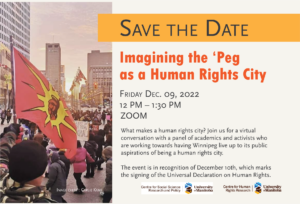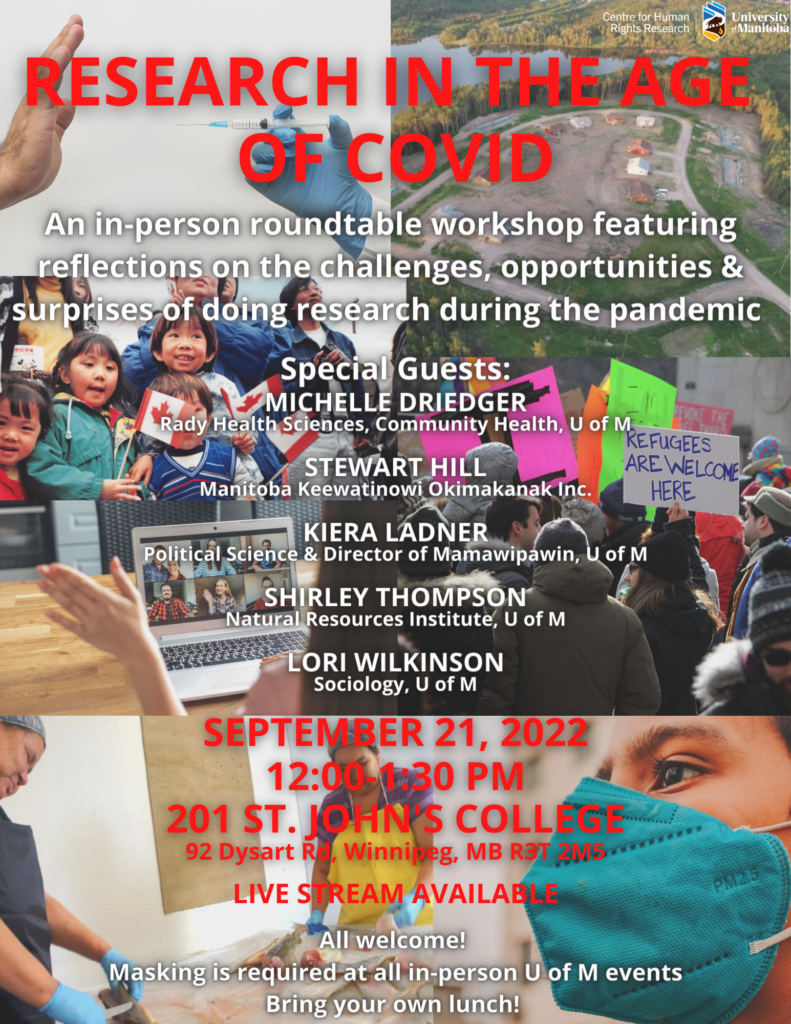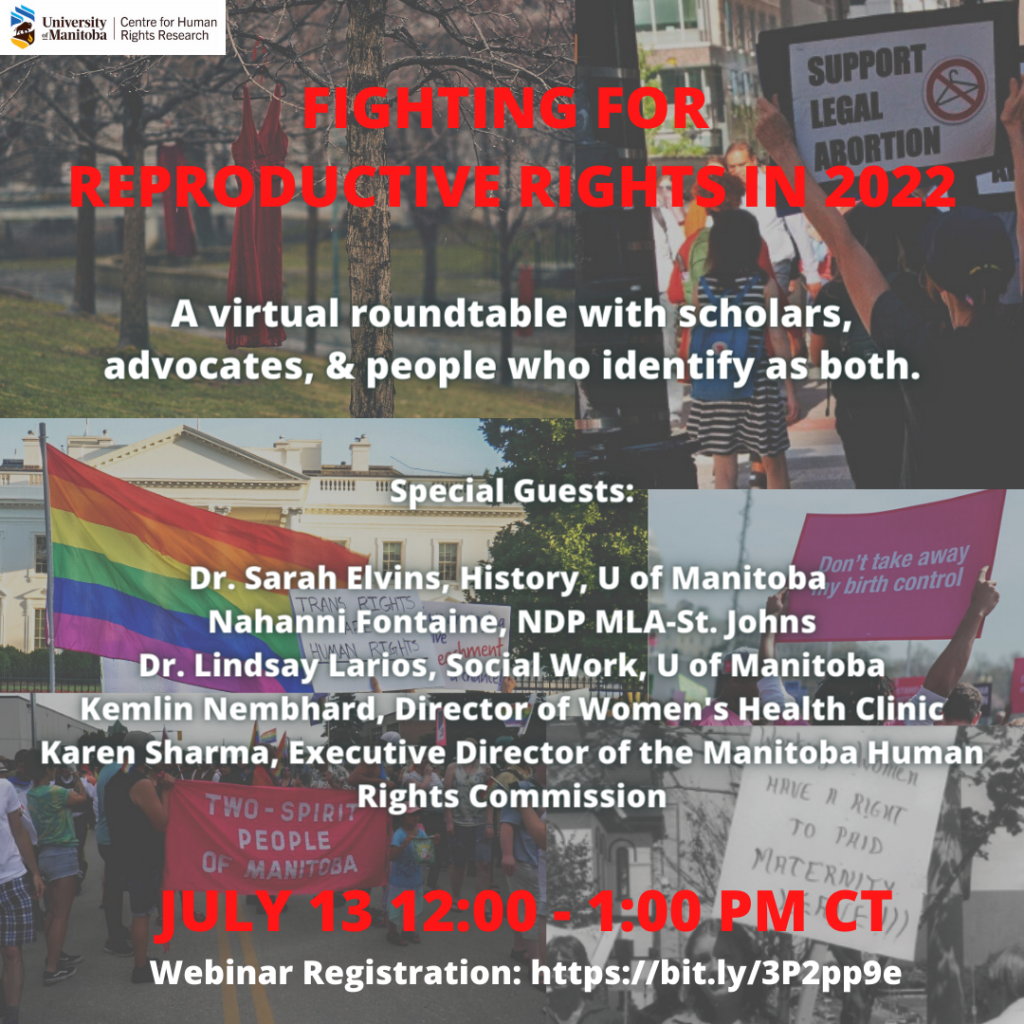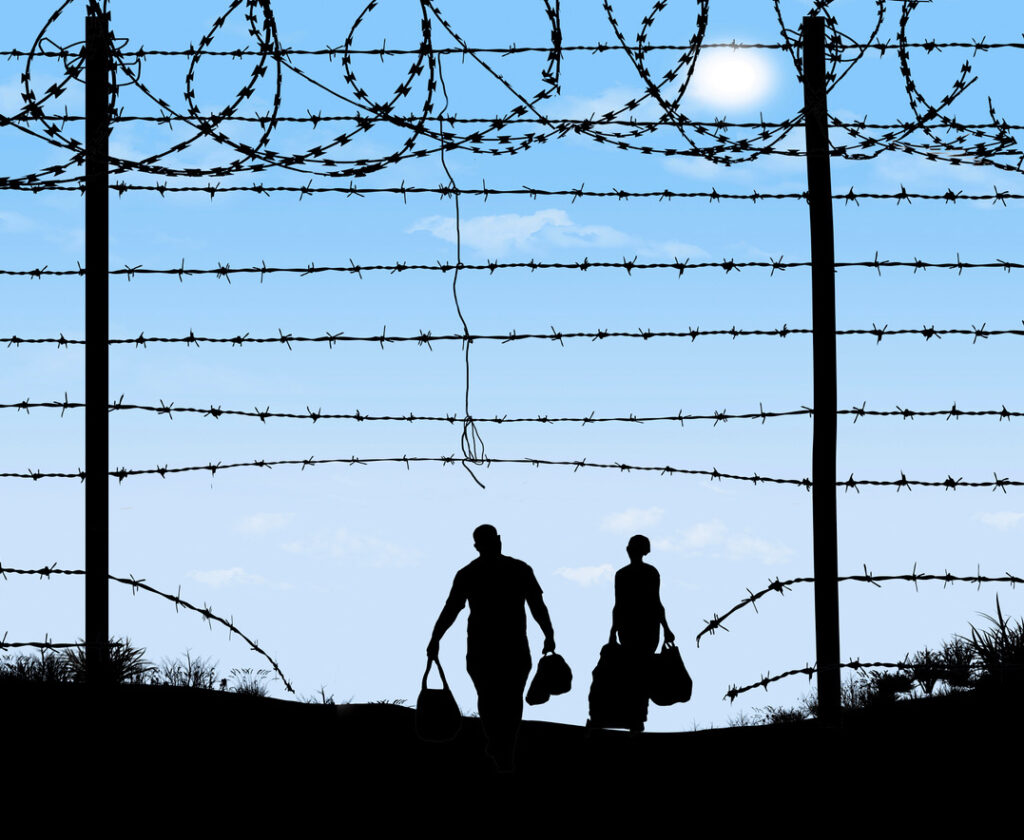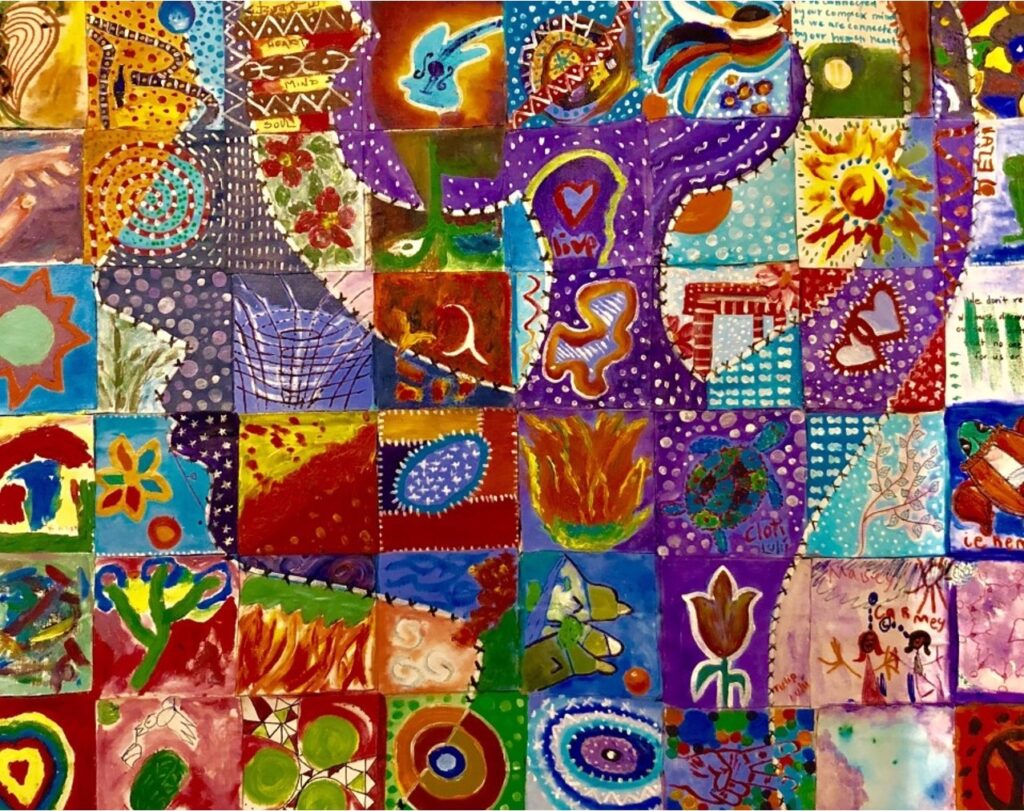By Adele Perry
Like the rest of the University of Manitoba, the office of the Centre for Human Rights Research (CHRR) closed in recognition of the National Day of Truth and Reconciliation or Orange Shirt Day. Last week, the CHRR joined with others on campus to build a Heart Garden in the Quad and host a Teach-In for Reconciliation, where about 500 people heard from speakers including CHRR research affiliates Dr. Cary Miller, Dr. Sean Carleton, and Brenda Gunn, alongside Marc Kruse.
The whole week was busy with events in the community. On Saturday, walking with 5,000 plus people in the Wa-Say Orange Shirt Day Survivor’s Walk and Pow Wow was a reminder of the power of collective action in the face of tragedy and loss. Elsewhere people made art and listened to speakers at the Winnipeg Art Gallery, or bore witness to the unveiling of the Assiniboia Residential School Commemorative Monument and Gathering Place.
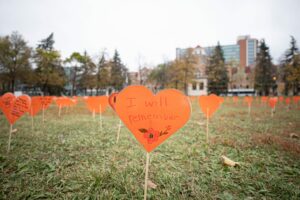
In different ways, these events all foreground the need for truth before reconciliation, and the connections between residential schooling and related institutions and histories. The Indian Residential School System existed for more than a century, and is inextricably tied to a range of other institutions, including segregated medical treatment for Indigenous people, child welfare systems, and the ongoing crisis of Murdered and Missing Indigenous Women, Girls, and Two Spirit people. As much as researchers have learned in the last decade, there remains a great deal to be learned about those interconnected systems, and what they meant for Indigenous and non-Indigenous people in Canada. There also remains substantial barriers for Indigenous communities who are seeking to document the impact of colonial institutions on their past, present, and future.
This is one of the points made by the Interim Report of the Independent Special Interlocutor for Missing Children and Unmarked Graves and Burial Sites associated with Indian Residential Schools (OSI). Kim Murray, the Special Interlocutor, was appointed in June 2022 with a mandate to collaborate with First Nations, Inuit, and Métis communities and survivors to recommend a new federal framework to ensure the “respectful and culturally appropriate treatment of unmarked graves and burial sites of children associated with former residential schools.” The OSI builds on the crucial work of the Truth and Reconciliation Commission, especially Volume 4’s focus on Missing Children and Unmarked Burials associated with Residential Schools. It also responds to the announcements of potential unmarked graves that have been made since 2021, announcements which have confirmed longstanding community knowledge and shaken a wider Canadian public.
At an event sponsored by the University of Winnipeg’s History Department Indigenization Committee on 25 September, Dr. Mary Jane Logan McCallum noted that there is much for researchers to think about in the OSI Interim report. Referencing international human rights law, Murray’s introduction reminds us of the need for ethical truth-telling and justice-seeking research. She that her role is “not to be neutral or objective – it is to be a fierce and fearless advocate to ensure that the bodies and Spirits of the missing children are treated with the care, respect, and dignity they deserve.” (p. 3).

For communities and families seeking answers about children who never came home, the barriers to the truth and justice continue to be steep. The OSI Interim report documents how Canada’s current legal system and multi-jurisdictional patchwork stymies efforts to learn about individuals, families, and communities whose histories were touched by federal, provincial, and municipal institutions and their respective policies. The report documents the continued barriers communities face in accessing relevant records and potential burial sites, and in executing ground searches. The OSI Interim Report affirms Indigenous data sovereignty, and notes that mainstream media attention and an environment of increased residential school denialism pose additional challenges. So too does the lack of sustainable, long-term funding and Indigenous health and wellness reports. The Interim Report argues that there needs to be an Indigenous-led and sustainably funded policies for the repatriation of children who died at Indian Residential Schools, ceremony and burial sites. There need to be accountability and justice for survivors and their families and a new legal framework to protect “protect unmarked burial sites and support the recovery of missing children.” (p. 132).
As the National Day for Truth and Reconciliation 2023 fades away, I urge you to read the OSI Interim Report. It reminds us of the work that still needs to be done, and the systems that need to change, in order for Indigenous families and communities to have the fullest understanding possible of the acts of genocide that took place in Indian Residential Schools, of those children that never came home.
Read the OSI Interim Report, “Sacred Responsibility: Searching for the Missing Children and Unmarked Burials” (June 2023) from the Independent Special Interlocutor.



